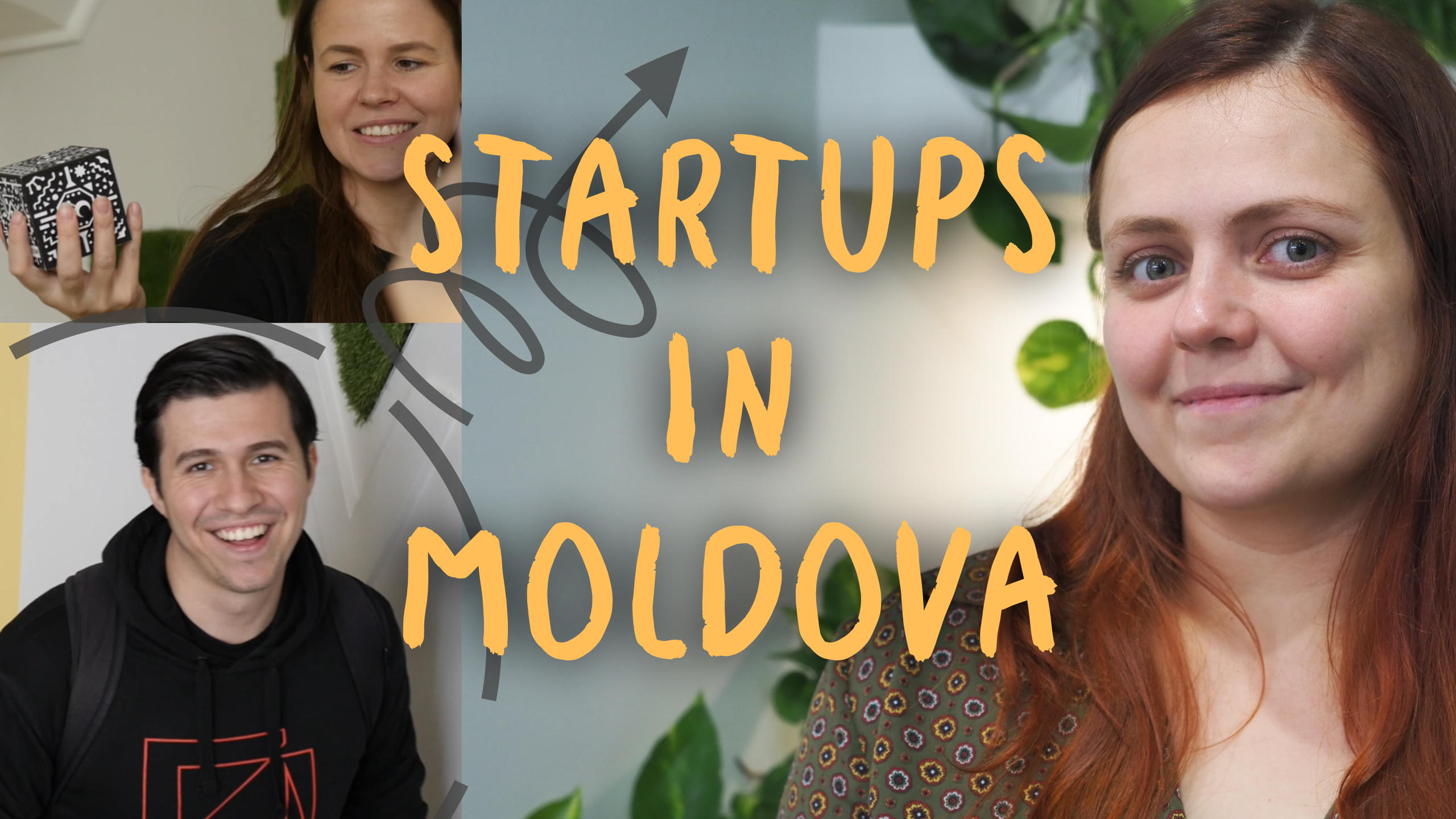
The youngest startup scene in Europe
In Moldova, the Startup scene is only being born, and endless possibilities exist.
This year, the first-ever Moldovan startup summit took place in Chisinau, and excitement was in the air. “This is the birthday of the ecosystem in Moldova,” exclaimed Natalia Bejan, Executive Director of Startup Moldova. One of the key speakers, Mike Butcher, Editor-in-Chief of TechCrunch, added: “All the things that I’ve seen happen across Europe are happening here right now. It’s going to become an incredibly hot place to be.”
Moldovans are building their startup scene and doing it fast because, for the first time in the country’s history, they can. Until now, the Soviet occupiers and local, often Russian-influenced oligarchs dragged down Moldova.
Agriculture is still one of Moldova’s leading economic sectors, but the information technology sector is picking up. According to the EU4Digital, it accounts for more than 5 percent of GDP and has nearly doubled within the last five years.
A significant boost to the growth came from the government’s introduction of the first e-Park in 2018. Since then, companies offering IT services only pay a single tax of 7 percent, the lowest in Eastern and Central Europe. By 2023, over 1,500 companies have registered as the so-called IT Park’s residents, springing up like mushrooms after rain.
Dreaming of a unicorn
We visited Bloomcoding, a rapidly expanding startup that educates children in coding across Romania, Poland, and Bulgaria, with plans to extend to Turkey. It was founded and led by young Moldovans. In their headquarters, at the heart of Chisinau, their COO and co-founder, Mihaela Kawinska, greets us with enthusiasm. They only recently secured one million euros in funding from three European venture capital funds. Bloomcoding has won multiple awards from European startup competitions.
The company’s office has many plants but almost no people. They are used to working hybrid, only meeting once a week for meals and chats.
Kawinska, a mother of an eight-year-old, is driven by a mission to guide parents in introducing safe screen practices to their children. Observing a common tendency among parents to either ban devices completely or impose no restrictions, she advocates for teaching children to use technology wisely.
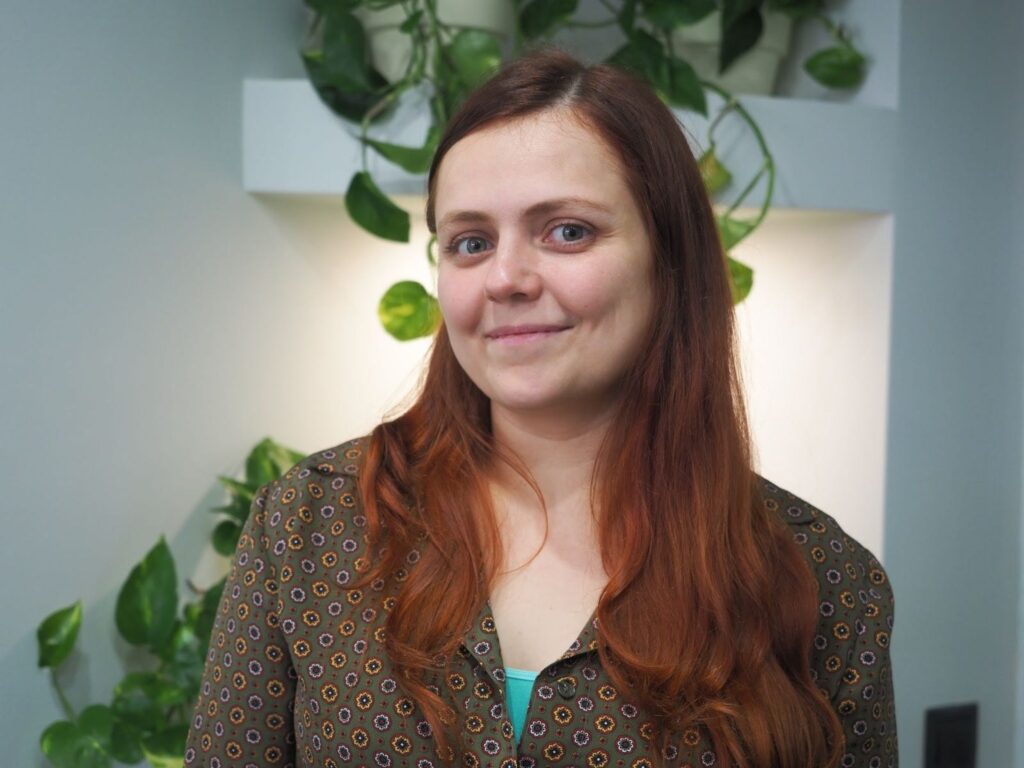
We spoke with Matei, a little boy in Romania using Bloomcoding’s products. Matei proudly showed us the rollercoaster he created and his dream house in 3D. “When he was younger, he spent a lot of time playing Minecraft and Roblox,” his mother Tatiana told us. Now, he is more interested in how games are made.
Bloomcoding’s second co-founder and CEO stepped in as we wandered around his office. Emil Chichioi is one of the leaders in the local startup scene. While traveling around Europe, he speaks about his homeland, where the startup ecosystem is just being born. “Imagine what happened in your country 10 years ago,” he tells other leaders and potential investors. “It’s happening now in Moldova, and we’re at the forefront. We are creating this ecosystem.” His ambition is to lead Moldova towards its first unicorn company.
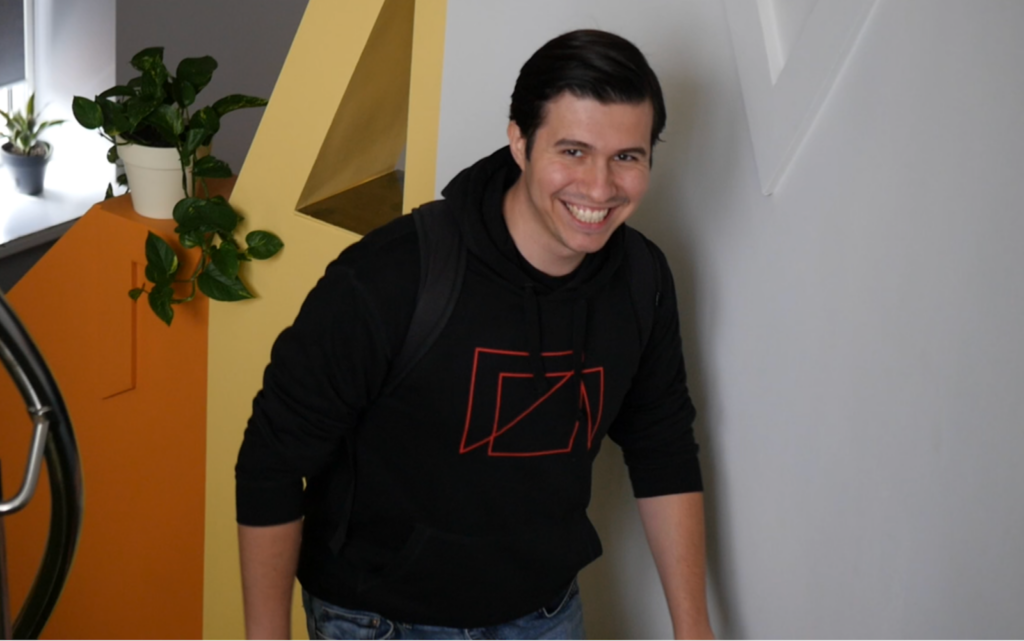
While Bloomcoding helps children, Parkopedia supports drivers with a platform that lets users find the nearest parking lot. Officially registered in the UK, it was founded by Moldova-born, California-educated Eugene Tsyrklevich. With many partners and offices worldwide, Parkopedia has around 100 employees in its Chisinau office.
“Everyone was equally poor”
Growing up in Moldova, Tsyrklevich is inspired by the hardships he experienced as a child. He told us about the rolling blackouts and more than a month without natural gas. “Everyone was equally poor,” he remembered. As a Startup Moldova Foundation‘s board member, Tsyrklevich is committed to nurturing the next generation of leaders.
Collaborations with international experts further foster the entrepreneurial spirit. Estonian startup enthusiasts, for instance, organize hackathons to inspire Moldovan youth to leverage technology in problem-solving. Divided into teams, the participants have 48 hours to develop new tech-savvy solutions. “They are driven, ambitious, and not afraid to think big,” Mayri Tiido, Educator and Trainer at Garage48, told us.
While Moldova’s economy is steadily recovering from the shadows of its past, with the World Bank projecting a 1.8% GDP rebound in 2023 and full recovery in 2024, its startup ecosystem remains in its infancy. The trajectory, however, is clear – the new generation of Moldovan leaders is eager to play in the global tech landscape.
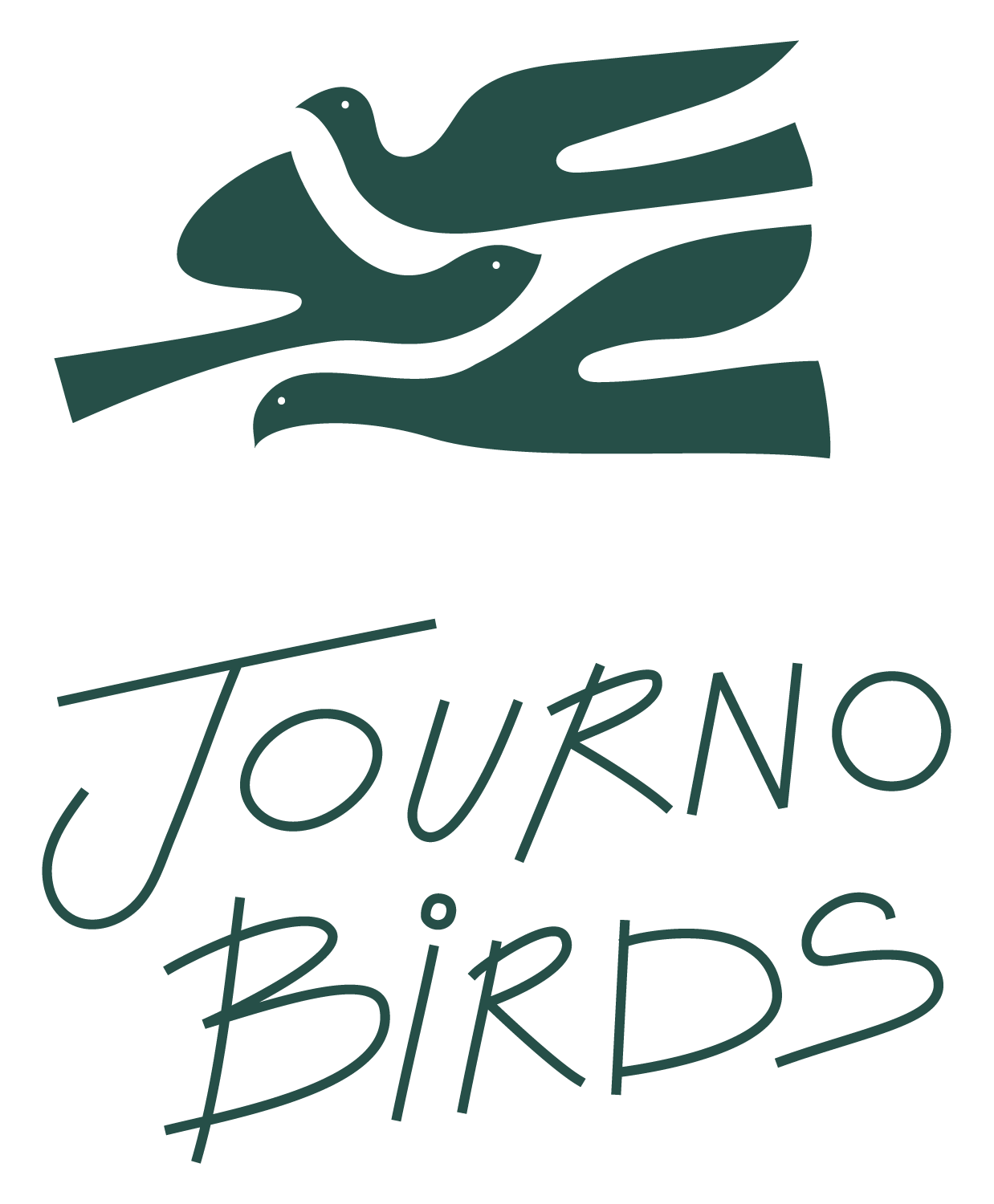
Leave a Reply